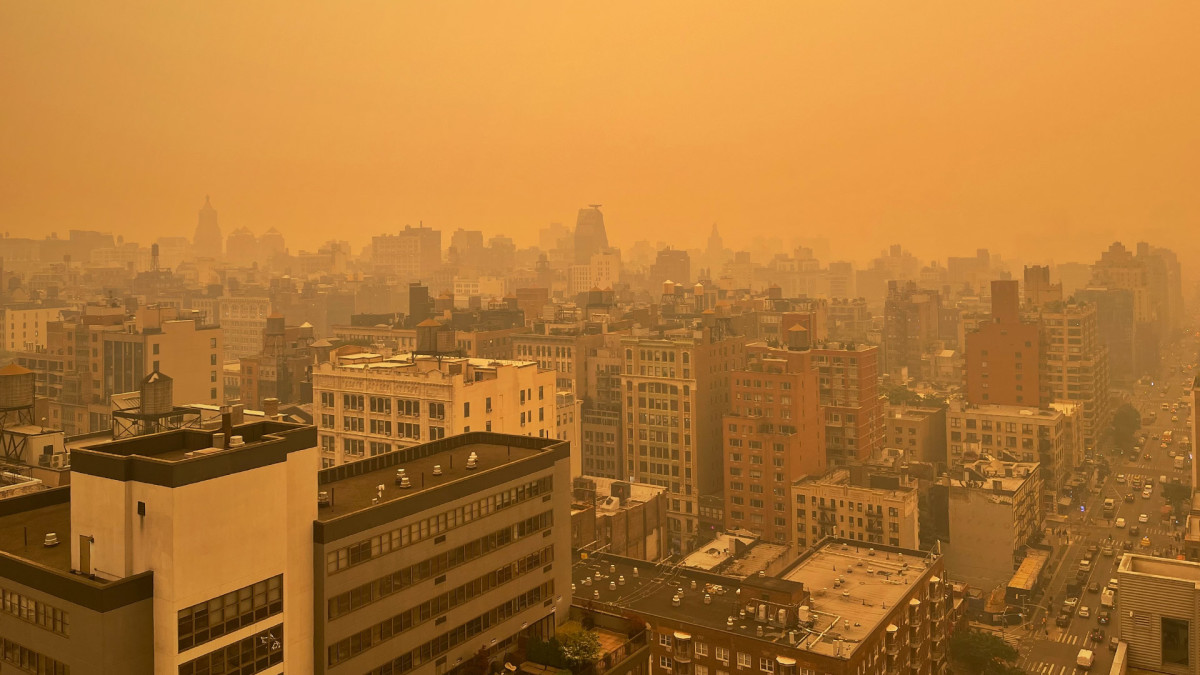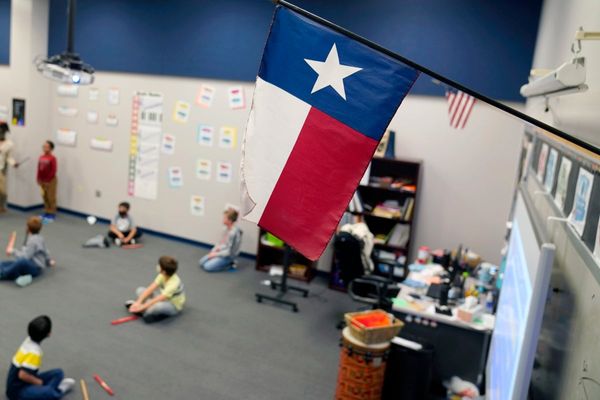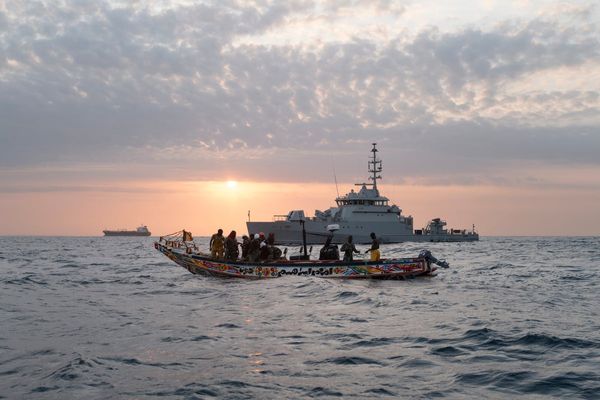
The summer got off to a rough start this year.
In June, smoke from wildfires in Canada fueled by warmer-than-average temperatures and drought conditions turned the skies orange and delayed flights at Northeast airports as haze blanketed the region.
A month later, Luton Airport, which is about 30 miles north of London, had to suspend flights because the excessive heat damaged part of its runway.
DON'T MISS: Delta Air Lines is about to make big changes affecting passengers
And the British Royal Air Force was forced to divert flights away from Brize Norton air base due to extreme temperatures.
A study by scientists at the University of Reading in the United Kingdom found that so-called clear-air turbulence "is hazardous to aircraft and is projected to intensify in response to future climate change."
Airports adopting to climate change
The increases in this type of turbulence, which offers little or no warning to pilots, are largest over the U.S. and North Atlantic, which are both busy flight regions.
Aviation is a major source of pollution, but a study by Bain & Co. found that airlines can eliminate nearly 70% of aviation emissions by 2050, largely by improving fuel efficiency and using sustainable aviation fuels.
"There’s no single solution for decarbonizing commercial aviation by 2050," the report said. "All technologies that can contribute to the net-zero goal face challenges.
Airports around the world are relocating sensitive electrical equipment to rooftops to protect it from flooding, the American Journal of Transportation recently reported, reinforcing runways to handle extreme temperature swings and revving up air conditioning as climate change complicates operations.
In New York, the $19 billion redevelopment of John F. Kennedy International Airport includes preparing for more extreme weather events such as storm surges and coastal flooding, the publication said.
“The impact of climate change has humbled us all,” said Rick Cotton, executive director of the Port Authority of New York and New Jersey.
Severe weather is the leading cause of air travel disruptions in the U.S. and it is foremost in the minds of people like Warren Weston, lead meteorologist for Delta Airlines (DAL) -).
"Our goal is to give enough lead time so dispatchers and other decision makers can make proactive operational decisions, rather than waiting for something to happen," Weston told the New York Times on Sept. 19.
More heat, less weight
Delta has 28 meteorologists on staff, which it said is the largest team of any airline, who sit in the carrier’s Operations and Customer Center, alongside flight dispatchers, customer service agents and hundreds of other staffers, at its headquarters in Atlanta.
"Atlanta, New York, Florida and the East Coast are prone to severe thunderstorms in the summer that cause disruptions," Wetson said. "Similarly, we see winter weather delays and cancellations in places like Detroit, Minneapolis and Salt Lake due to de-icing and ramp/runway conditions."
June to August was the planet’s warmest such period since records began in 1940, CNN said, citing data from the European Union’s Copernicus Climate Change Service.
Last month was the also the hottest August on record globally, the third straight month in a row to set such a record following the hottest ever June and July.
"When it’s really hot, the planes can carry a little bit less weight than they normally would, so that means fewer passengers and less baggage," Wetson said. "There are also ramp workers to consider."
He noted that even one degree makes a difference.
"We know what the problem-points are for all our airports — whether it’s temperatures, thunderstorms or snow on the runway — and for Las Vegas, if it’s hotter than 100 degrees Fahrenheit, every degree over 100 is going to mean about 1,400 pounds off," Wetson said.
He added that passengers should understand that "bad weather at another airport can still cause delays for your flight, even if the weather is perfect where you are."
"Those delays can cascade and cause effects in places where the weather is great," Weston said.
Get exclusive access to portfolio managers and their proven investing strategies with Real Money Pro. Get started now.







